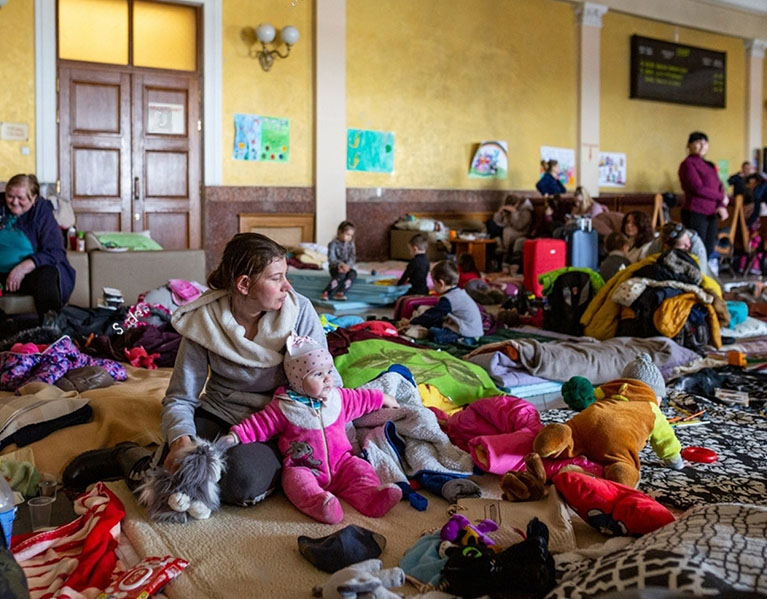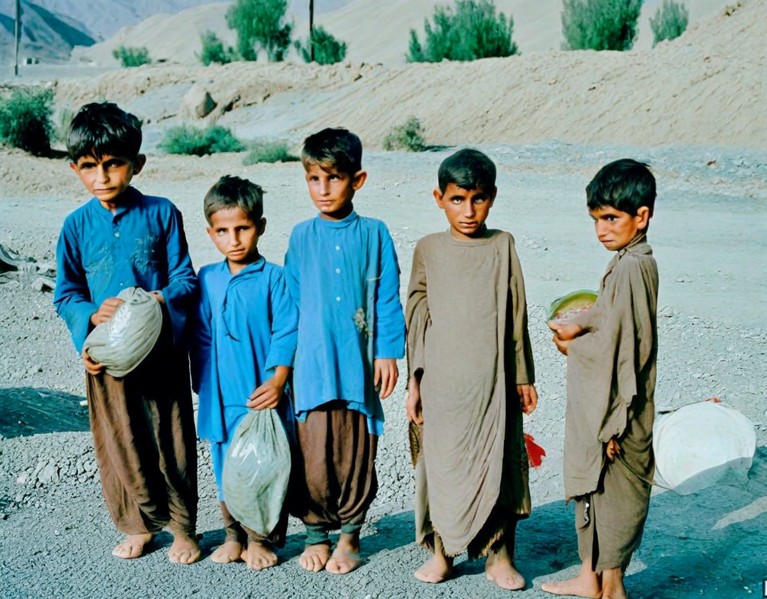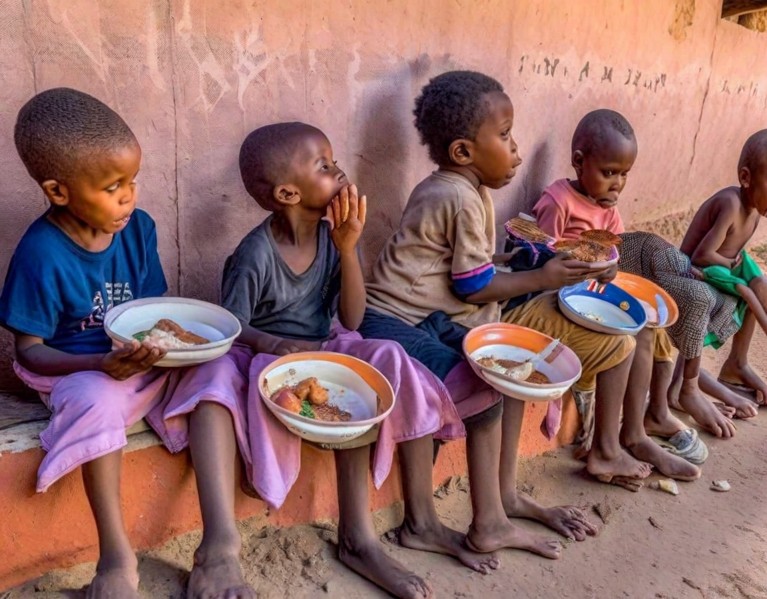Help with warm clothes for Ukrainian children.
Helping children from low-income families around the world is a critical and urgent endeavor, especially in today’s global landscape. Numerous challenges impact the well-being of these children, and addressing their needs requires a collective and compassionate effort. Here are some reasons why it is crucial to provide assistance and the types of help that are needed:
Break the Cycle of Poverty: Children born into low-income families often face systemic challenges that perpetuate poverty across generations. By supporting them, such as access to education, healthcare, and nutritious meals, we can break the cycle of poverty and empower them to build better futures.
Education as a Catalyst: Education is a powerful tool for breaking down barriers and creating opportunities. Many children from low-income families lack access to quality education. Providing them with educational resources, scholarships, and mentorship can open doors to a brighter future, enabling them to contribute meaningfully to society.
Health and Nutrition: Adequate healthcare and proper nutrition are fundamental for a child’s physical and cognitive development. Initiatives that focus on providing healthcare services, nutritious meals, and clean water are essential to ensure the well-being of children in need.
Helping children from low-income families.


- Psychosocial Support: Children from low-income families may face emotional and psychological challenges due to their living conditions. Supportive programs that address mental health, and emotional well-being, and provide counseling can help them overcome these challenges and develop resilience.
Access to Technology: In today’s digital age, access to technology is crucial for educational and skill development. Providing children from low-income families with access to computers, the internet, and digital learning resources can bridge the digital divide and enhance their learning opportunities.
Emergency Relief: Natural disasters, conflicts, and crises disproportionately affect children in low-income families. Immediate relief efforts, including shelter, food, and medical assistance, are essential to ensure their safety and well-being during emergencies.


Financial Assistance: Financial assistance in the form of grants, scholarships, or direct support to families can alleviate economic hardships, allowing children to focus on their education and personal growth without the burden of financial instability.
- Advocacy and Awareness: Raising awareness about the challenges faced by children in low-income families is crucial for garnering support and influencing policies. Advocacy efforts can contribute to creating a more inclusive and supportive environment for these children.
The amount of help needed varies based on the specific circumstances of each child and their community. Collaborative efforts involving governments, non-profit organizations, businesses, and individuals can make a significant impact. Financial contributions, volunteer work, and advocacy all play vital roles in creating a world where every child has the opportunity to thrive.
Helping children from low-income families.


In summary, helping children from low-income families is not just a moral imperative but also an investment in the future. By addressing their diverse needs comprehensively, we can empower them to overcome challenges, fulfill their potential, and contribute positively to the world.




















